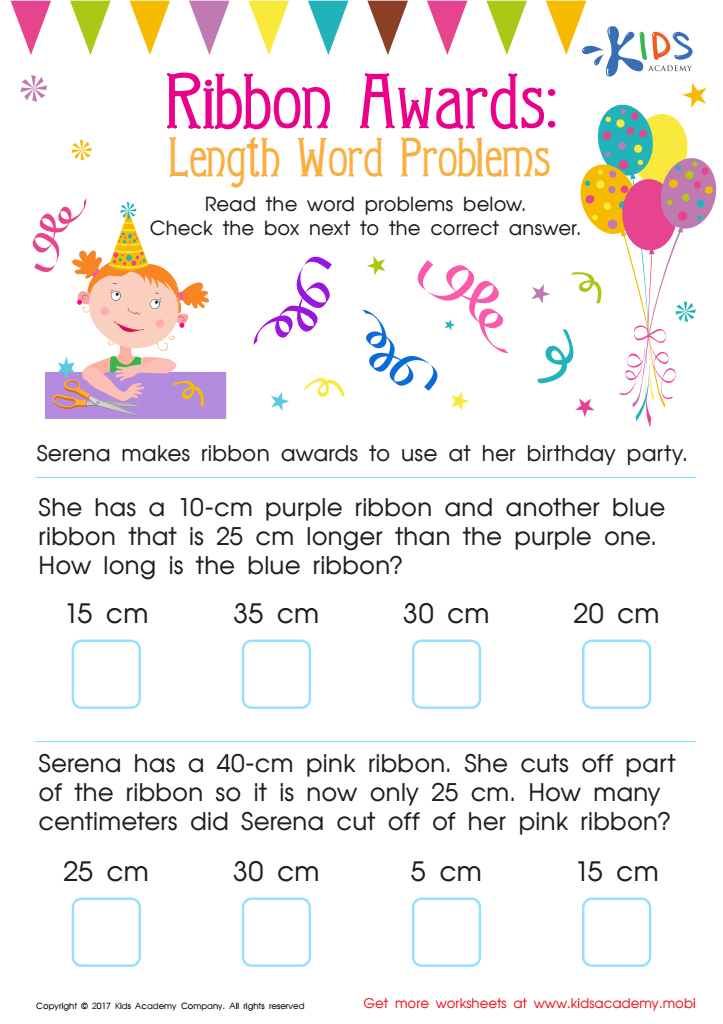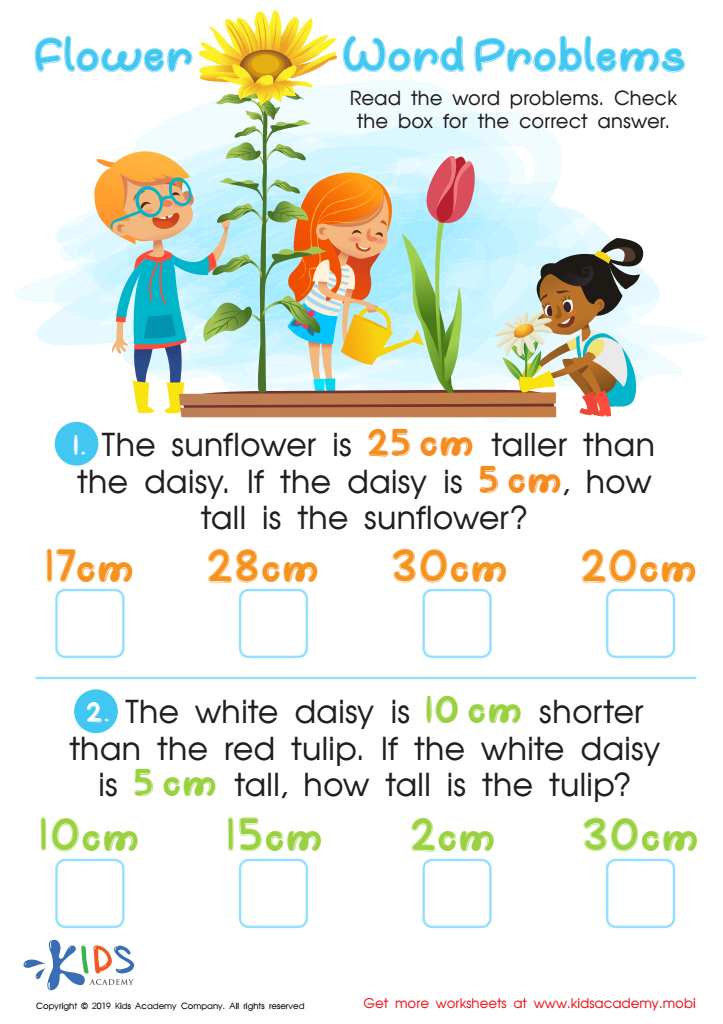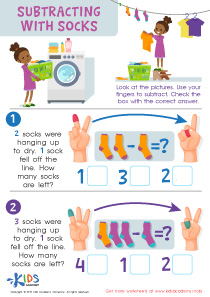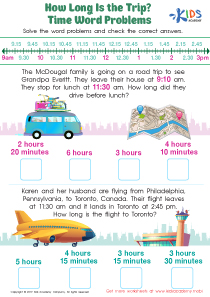Length and Mass Word Problems Worksheets for Ages 5-6
2 filtered results
-
From - To
Discover our engaging Length and Mass Word Problems worksheets, specifically designed for children aged 5-6 years. These worksheets are a fantastic resource for homeschool homework sheets, helping young learners develop essential measurement skills in a fun and interactive way. Each sheet is crafted to enhance understanding of basic concepts of length and mass through practical, real-world problems. Perfect for early learners, these worksheets support the development of problem-solving skills and numerical literacy. Elevate your child's learning experience at home with our thoughtfully designed worksheets, ensuring a solid foundation in these fundamental math skills.


Length Word Problems Worksheet


Flower Word Problems Worksheet
Learning worksheets, specifically those focused on Length and Mass Word Problems, play a crucial role in the educational development of children aged 5-6 years. These worksheets are not only a tool for teaching basic mathematical concepts but also serve as a foundation for developing critical thinking and problem-solving skills.
At the age of 5-6 years, children are at a pivotal stage in their cognitive development. They are beginning to understand more about the world around them and how it works. Learning worksheets on Length and Mass Word Problems introduce these young learners to the concepts of measurement in a practical and engaging way. These worksheets typically include a variety of tasks that require children to measure, compare, and estimate the length and mass of different objects. This hands-on approach helps children grasp abstract concepts more effectively.
One of the primary benefits of these worksheets is their ability to blend learning with interactive play. Children at this age are highly curious and learn best when they are actively involved in the learning process. Worksheets that feature colorful images, relatable scenarios, and simple word problems attract and hold their attention better than traditional lecture methods. For instance, a problem might describe two animals of different sizes and ask the child to determine which one is heavier or which one is taller. Such problems make learning relatable and fun, increasing the child's interest and engagement.
Furthermore, these learning worksheets are designed to enhance not only mathematical skills but also literacy skills. As children read and comprehend the word problems, they improve their reading and comprehension abilities. This integrated approach ensures that children are not only learning about math but are also improving their language skills, which are equally important in their academic growth.
Learning worksheets on Length and Mass Word Problems also foster independence and confidence in young learners. By working through problems on their own or with minimal guidance, children learn to trust their judgment and abilities. This sense of achievement motivates them to tackle increasingly challenging problems, thereby boosting their confidence and enthusiasm for learning.
In addition to individual learning, these worksheets are an excellent resource for parent-child or teacher-student interaction. They provide an opportunity for adults to guide the children through the concepts, demonstrating practical uses of length and mass measurements in everyday life. This interaction not only enhances the child's understanding but also strengthens their social and communication skills.
Moreover, consistent practice with these worksheets helps identify and address specific areas where a child may be struggling. Educators and parents can use the results from these worksheets to tailor subsequent educational strategies to better meet the individual needs of each child, ensuring a more personalized and effective learning experience. This targeted approach can significantly improve the child's overall mathematical foundation, making future learning in mathematics and related disciplines more accessible.
Learning worksheets on Length and Mass Word Problems also prepare children for standardized testing and classroom settings where they will encounter similar questions. Early exposure to word problems helps children understand the format and language used in these tests, reducing anxiety and improving performance when they face similar challenges in more formal educational contexts.
Additionally, the skills gained from working through length and mass problems extend beyond academic settings. These worksheets teach critical life skills such as estimating the weight of groceries, understanding height restrictions on rides in an amusement park, or simply measuring ingredients while cooking. Each problem solved reinforces practical knowledge that children will use in their everyday lives.
In conclusion, learning worksheets on Length and Mass Word Problems are incredibly beneficial for children aged 5-6 years. They play a multifaceted role in early childhood education by engaging children in a playful yet educational manner, enhancing both their math and literacy skills, and building a strong foundation for future learning. These worksheets foster essential cognitive, social, and practical skills, making learning both enjoyable and relevant. As such, they are invaluable tools in the educational journey of young children, equipping them with the knowledge and confidence to navigate both academic and real-world challenges.
 Assign to My Students
Assign to My Students








